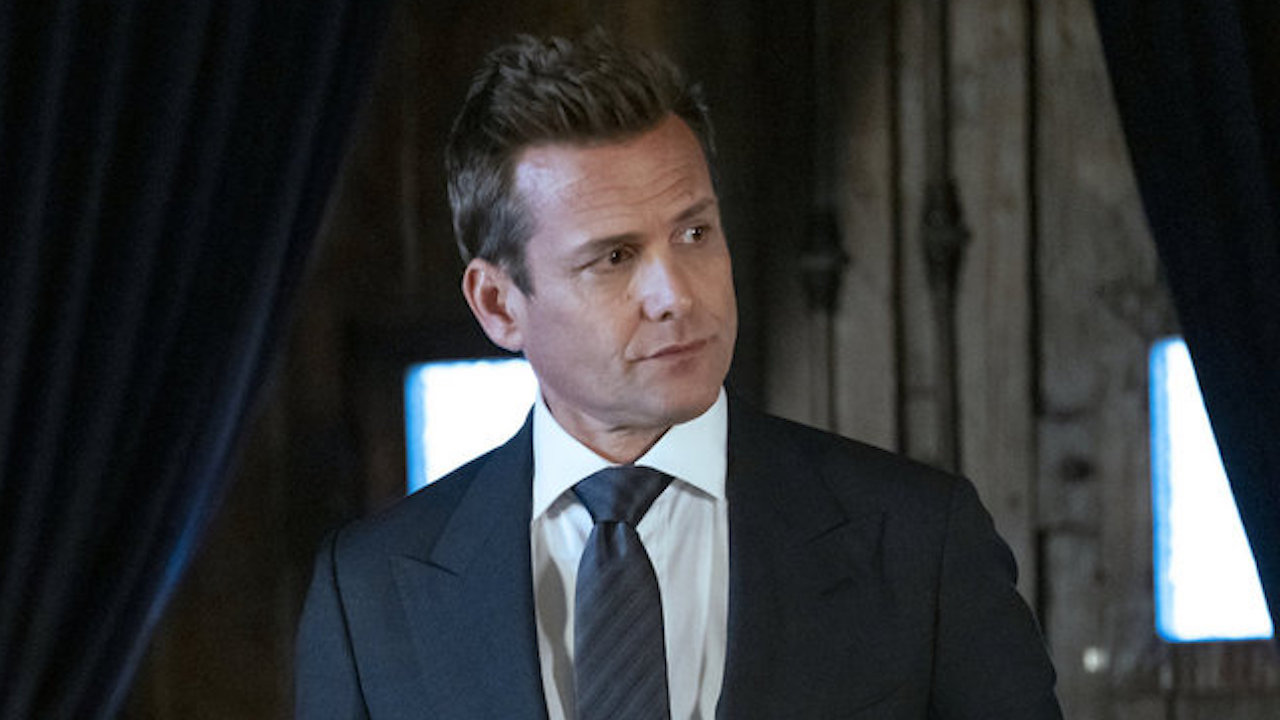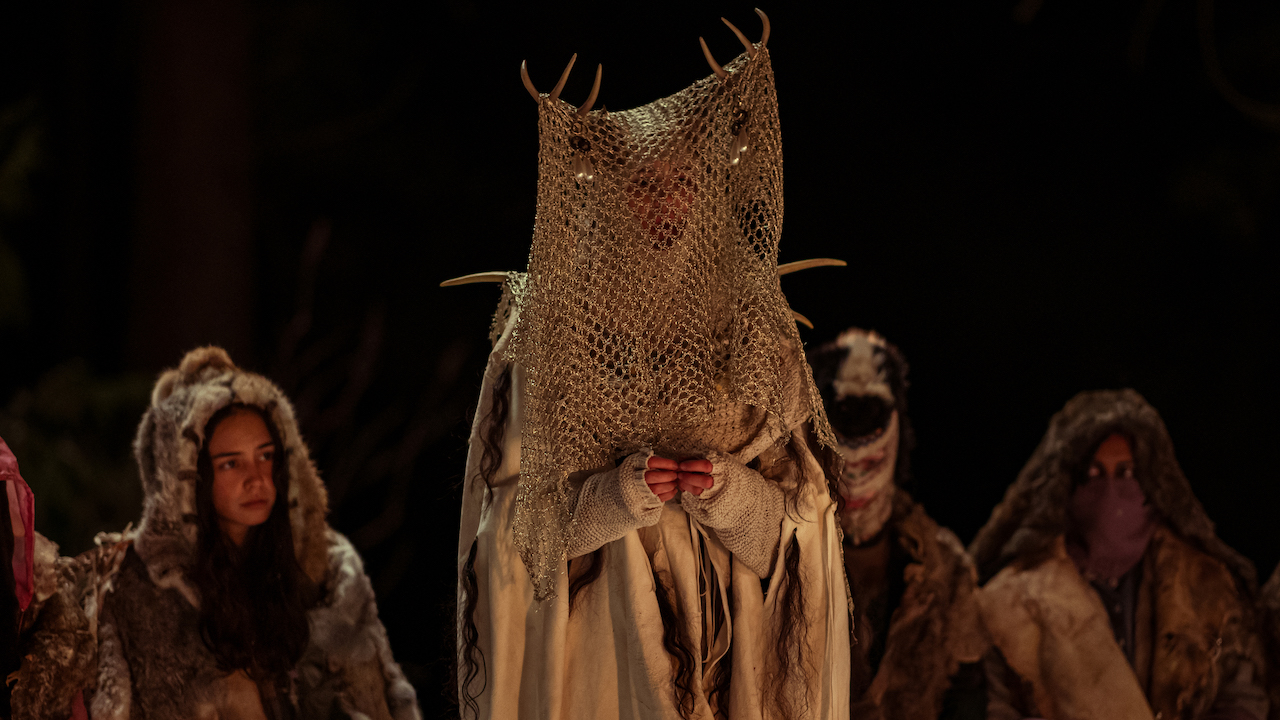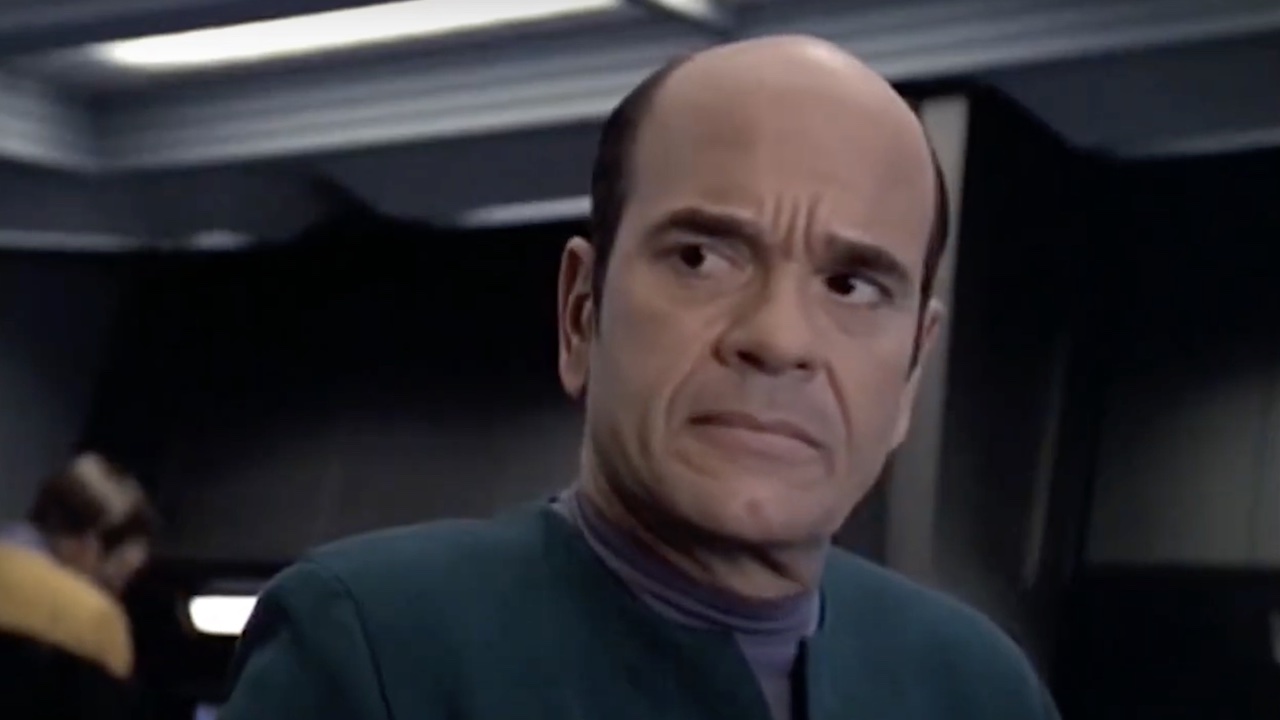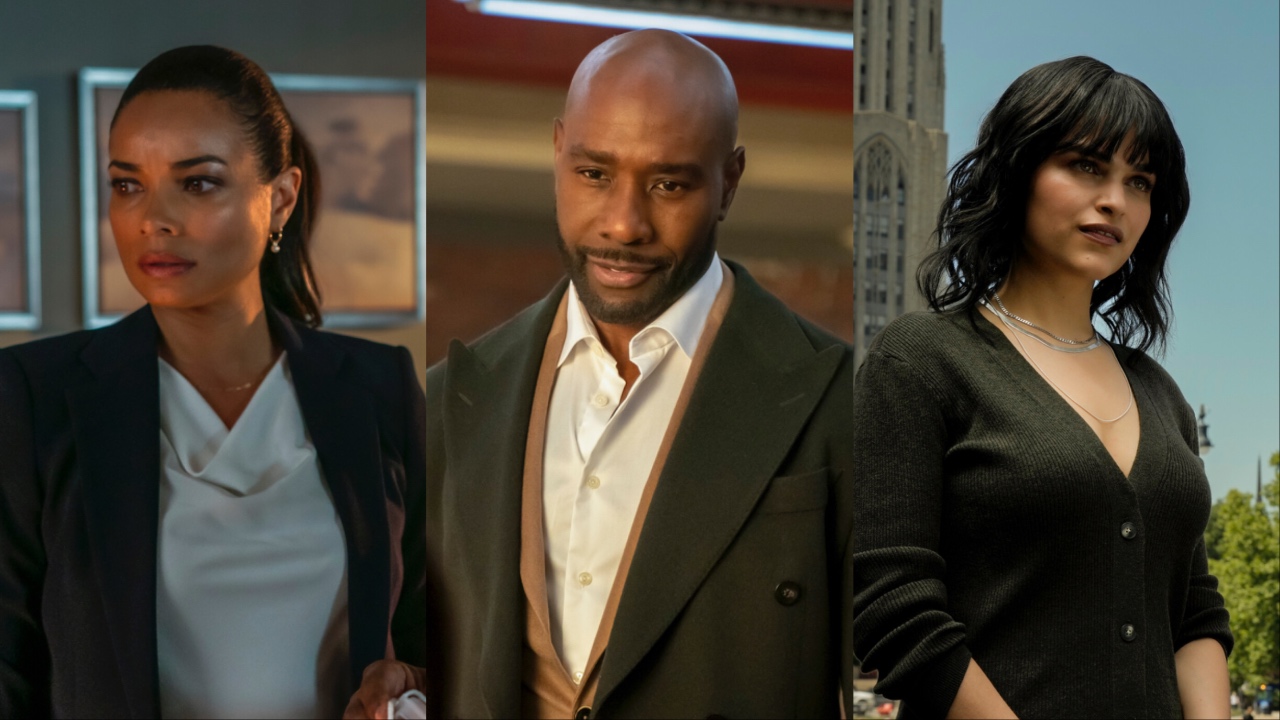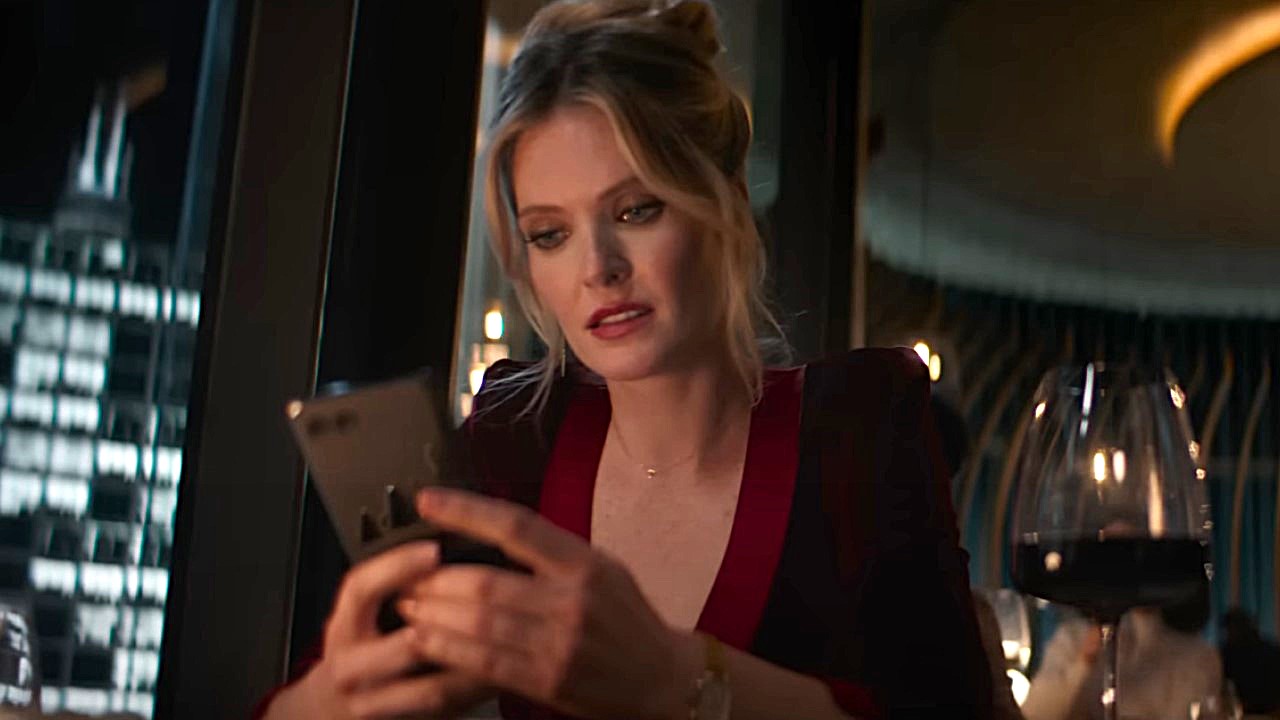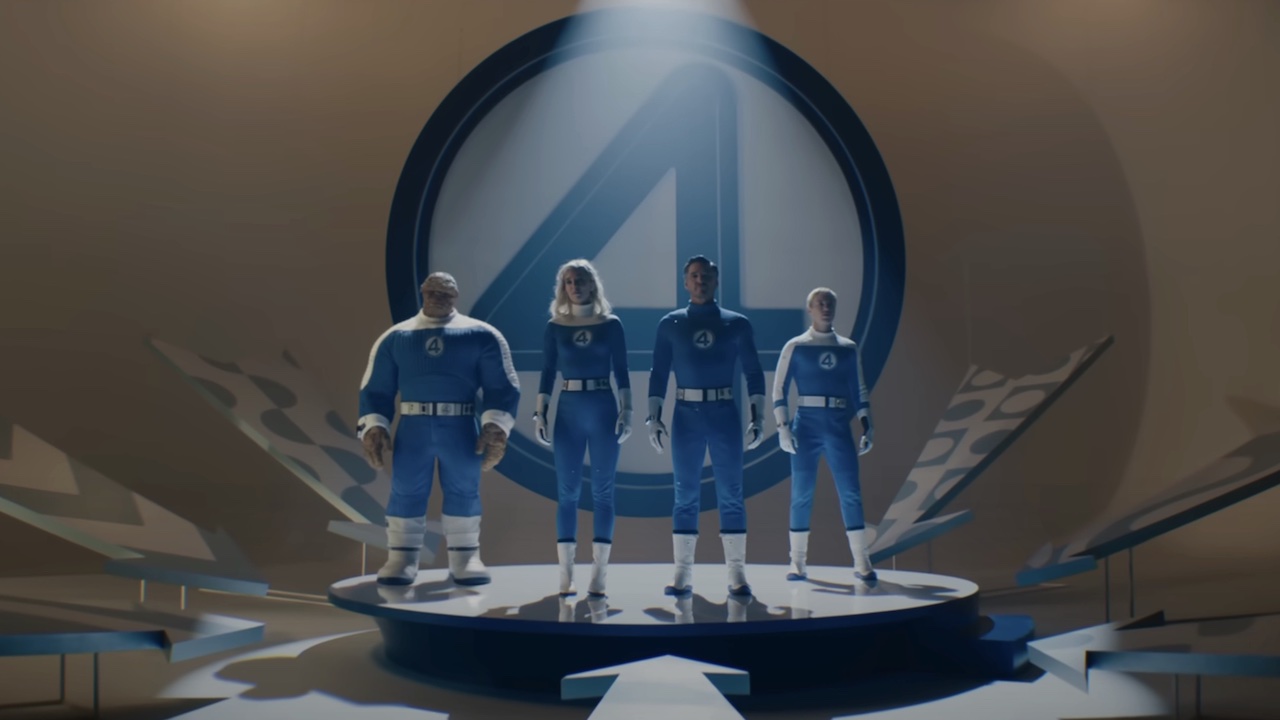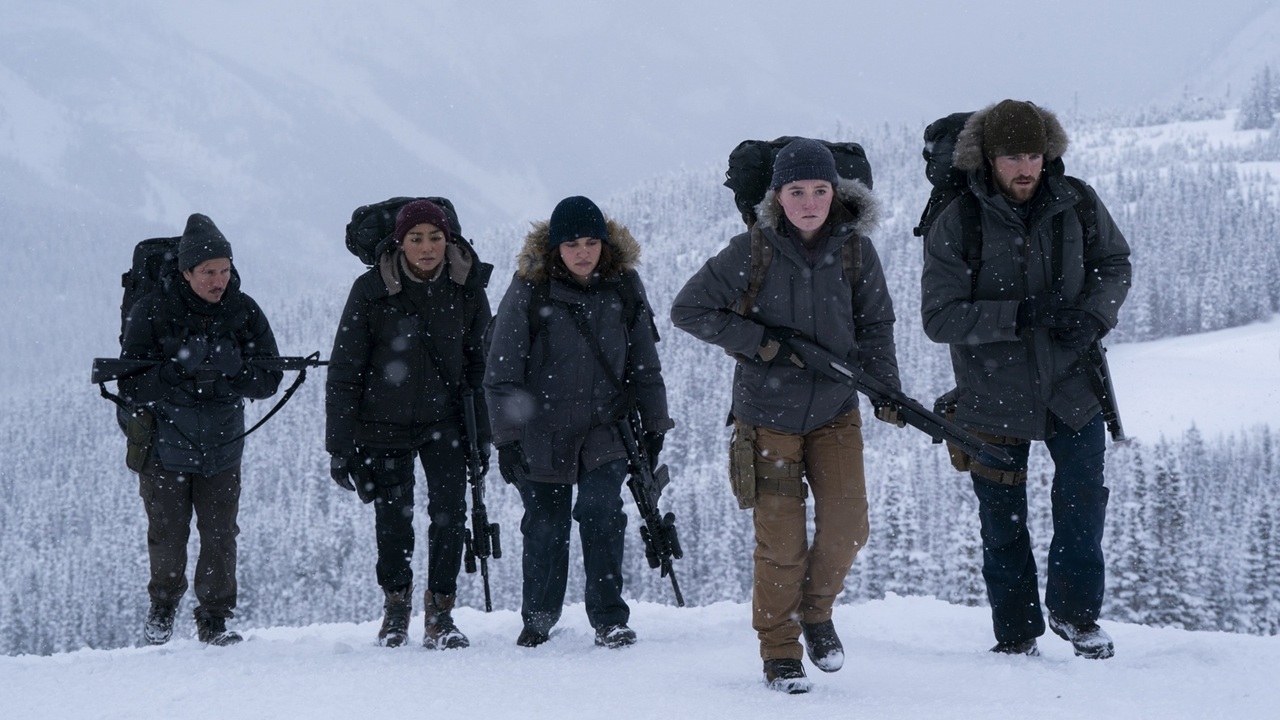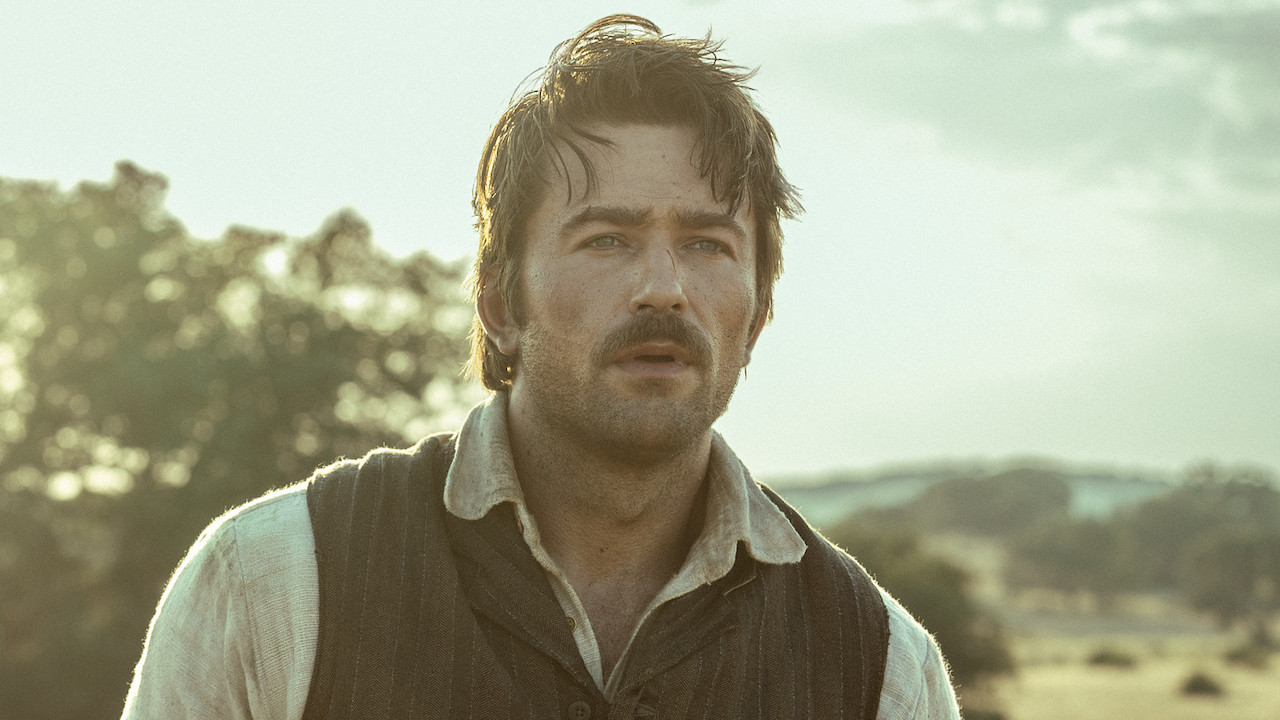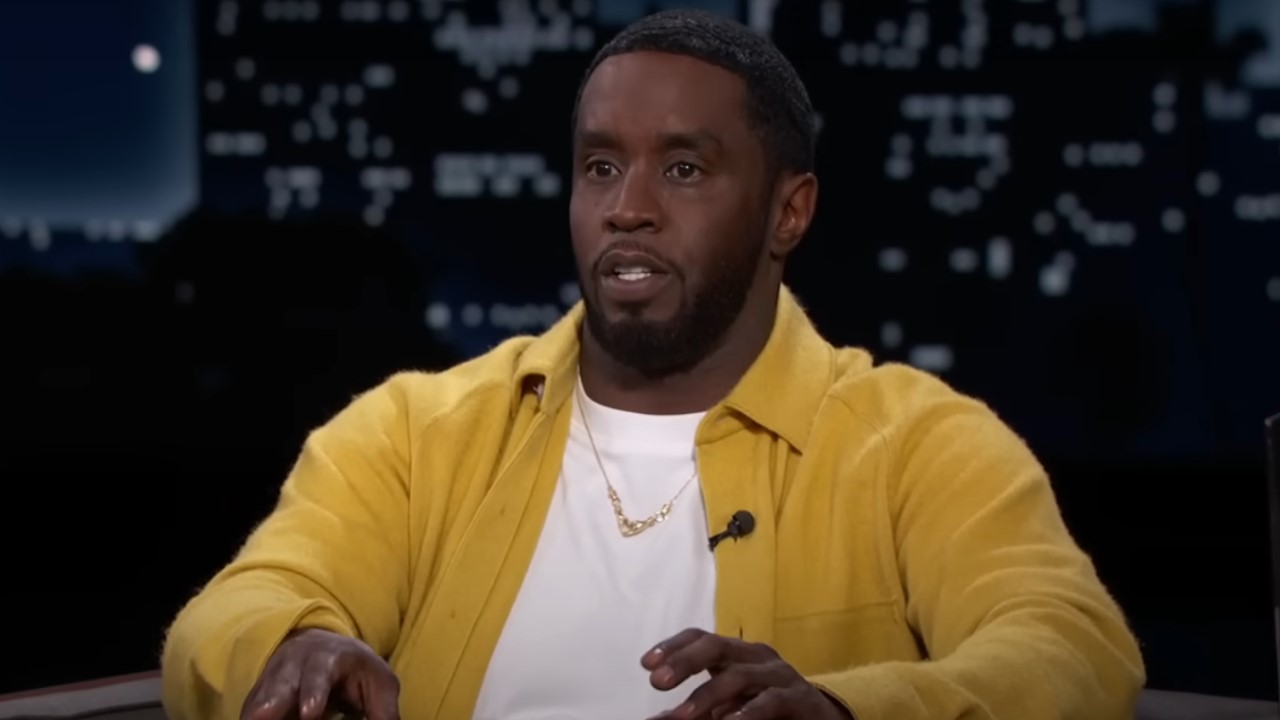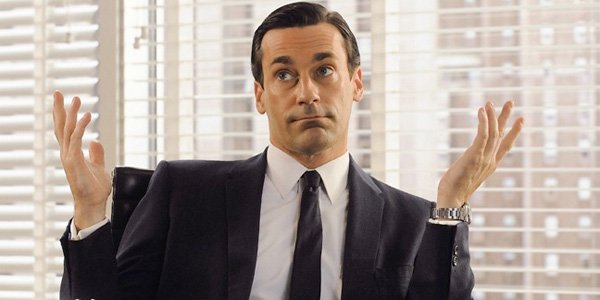
This past weekend, Million Dollar Arm opened with a disappointing $10.5 million in box-office receipts, despite playing on 3,019 screens. It's just the latest in a sea of rather underwhelming results for movies headed by TV stars.
Jon Hamm, a frequent award-contender for his television work on Mad Men. hasn't been able to break out in film, even though he has the the sort of star power that rivets audiences to the screen on the weekly television show. So why is it that Don Draper on television can be sexy, mysterious, and even upsetting, but Hamm the movie star is just another guy in a suit?
To be fair, Hamm is just one in the current crop of television actors who can't seem to break out into movie stardom. Just this year, we've already seen Kit Harington from Game Of Thrones in the already-long-forgotten Pompeii, where he was overshadowed by lava. The Killing star Joel Kinnaman mumbled his way through Robocop as a confused, reprogrammed hero. And while the film's $330 million take was solid, Sullivan Stapleton of Strike Back faded into the background of 300: Rise Of An Empire, out-acted handily by co-star Eva Green.
Earlier this year, Breaking Bad breakout Aaron Paul tried to give the big screen a whirl, but even though it was huge in China, Need For Speed grossed only $43 million stateside; practically a flat-out rejection. His co-star Bryan Cranston did a little bit better this weekend, featured in the box office hit Godzilla -- but it's not exactly like audiences went to that movie to see Cranston (fantastic as he might have been).
Cranston's star power got him magazine covers and wall-to-wall media coverage from Breaking Bad, which averaged a little over five million viewers per episode in the final year. But Cranston is a perfect example of today's TV actors: he's not the star of that show, much like he's not the star of Total Recall (forgot he was in that one, didn't you?). You're thinking of Walter White, the conflicted protagonist who went from meth dealer on the side to full-blown murderous kingpin. He's arguably the star.
Movies, as of late, have been boiled down (as much by the executives as the audiences) to spectacle to entice viewers into theaters, with one blockbuster a week, year round, often in 3D. But TV viewers place a premium on story and character. Many TV watchers claim the last decade of television was a golden age of programming, but it may have been a golden age of characters and their must-watch transformative arcs. Actors like Cranston, or the late James Gandolfini, as examples, never overcame their signature roles. The humble Gandolfini actually spoke warmly and openly about the opportunities the writing staff gave him to explore the world of The Sopranos. Why would you want to be a movie star when you could be Tony Soprano every week? Cranston's frequently thankless movie parts in between seasons of Breaking Bad felt like the actor was just passing the time before he got to head back to AMC to do the "good stuff."
Today's television also seems less about the stars or the concept, but often about the immersion of a world, one that can be stretched to multiple hours a season and explored like a novel. As popular as Cranston and Hamm might be, they are ultimately a part of their own ecosystems. It takes surgical precision to remove an actor from a television show to place him in a new context. The tumultuous New York of the sixties in Mad Men is a meticulous world fraught with its own biases and complications. Thinking of Cranston's Walter White makes one conjure up the harsh sun of Albuquerque, New Mexico. The world that a movie can establish, given a two hour window, pales in comparison. The actors inhabit their television worlds, but they're borderline trespassers when placed on an alien context, in a contemporary office building, or in a wild jungle. You can take the princess or knight out of Westeros, but you can't take the Westeros out of the knight/princess.
CINEMABLEND NEWSLETTER
Your Daily Blend of Entertainment News
Hamm seems like he's aware of the dour qualities of the character, to the point where outside of the show he's acted the jester, milking laughs from 30 Rock and Saturday Night Live appearances. Given the relatively small viewership for Mad Men, one could argue he never had much of an image to subvert. This points to a larger issue, whether TV can ever launch a star now with its divided, diverse ratings. George Clooney's stardom launched out of medical hit (E.R.) in an era with only a handful of cable channels, all of whom were compared negatively to the big four of ABC, NBC, CBS and (begrudgingly at the time) FOX. ER had seven straight seasons of 20 million plus viewers, that eighth season averaging "only" 19.99 million. By the end of its run, the show averaged slightly over 10 million pairs of eyeballs per episode. Now, there are many more shows on the air, and several cable channels actually promise a level of prestige the broadcast networks can't match. While that's resulted in hits like The Walking Dead and Game Of Thrones, the numbers are smaller for today's big hits due to increased competition. The Walking Dead averages a comparatively-massive 13 million viewers an episode as of last season, but aside from the hardcore fans, you'd be hard-pressed to find someone who can name anyone in the cast without a little Googling first.
Ultimately, the problem might come from the medium itself. When we turn on the television, we invite those stories into our home. There's an intimacy built on familiarity, and it's why effects-driven shows like Terra Nova frequently fail while more basic material like The Big Bang Theory can become sensations.
But in movies, we physically go to them. And with movie stars, we follow them, we leave our comfort zone to see them on an overwhelmingly large screen tell us a story we've never heard before. The enjoyment is how these roles are subverted: we introduce Don Draper into our home as a handsome, well-dressed professional only to be surprised by the depths of nihilism inside of him. And Walter White was an average guy under extraordinary circumstances who slowly morphed into a monster, but we still knew him as the science teacher he once was, so our morality grandfathered him into our homes.
To see these two on the big screen idealistically pursuing young Indian ballplayers and running away from monsters? Maybe this just isn't ever going to feel right.

